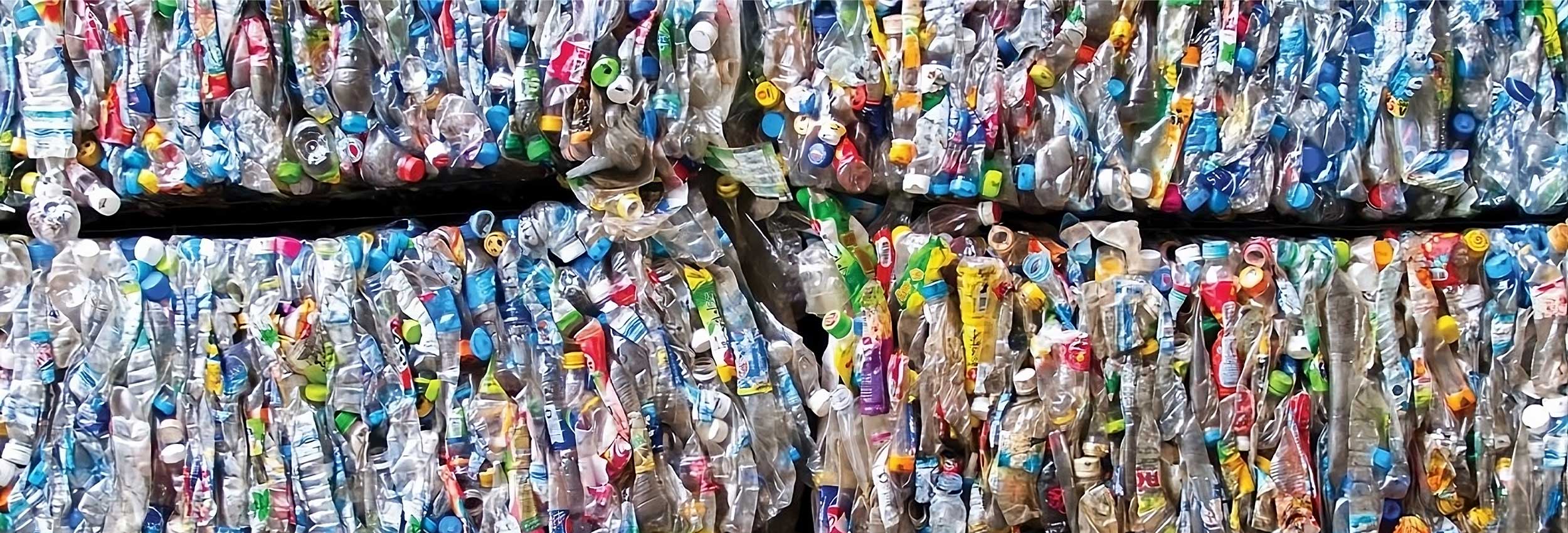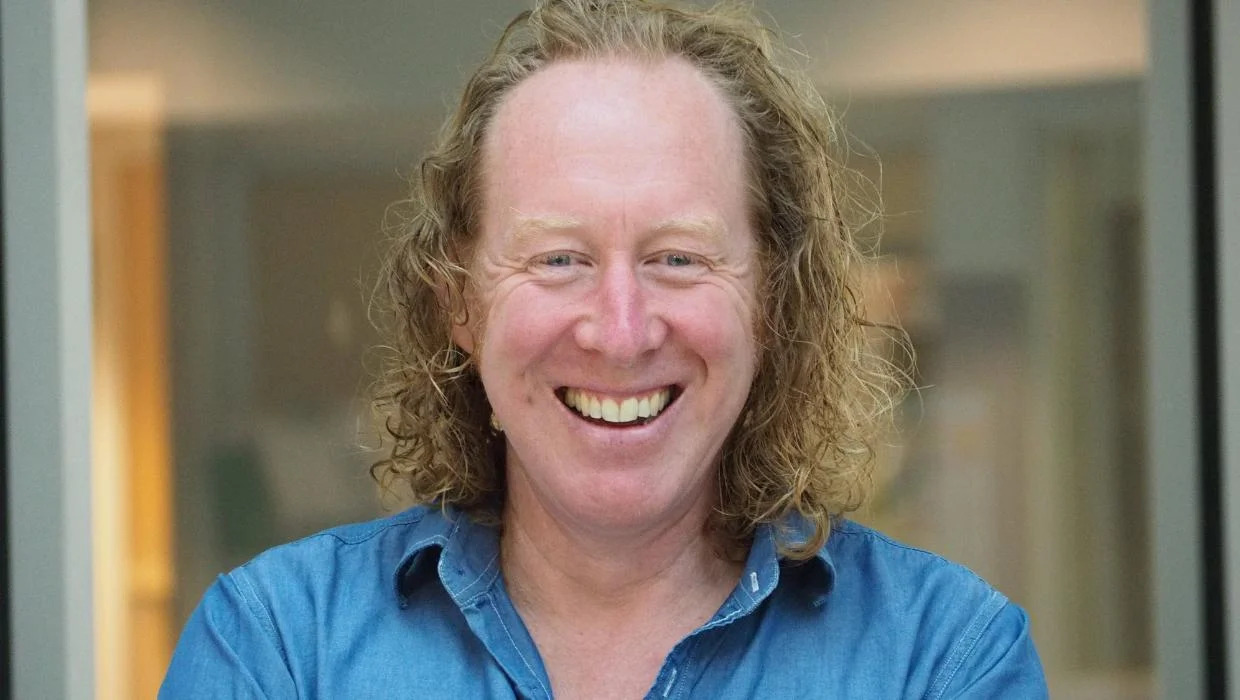

The Post NZ: LanzaTech executive joins Ikea-backed start-up Nilo
8 October 2023
This article was originally published in thepost.co.nz
Auckland start-up Nilo, which turns plastic waste into resins used to create flooring and furniture, has appointed a deep tech inventor to its board to help scale the business.
LanzaTech co-founder Dr Sean Simpson, who recently returned to New Zealand from the United States, has spent the past 15 years growing his own innovative waste reduction firm and will share expertise and what he has learned with Nilo as part of his role as executive director.
Nilo converts waste plastics into commercial resins that replace harmful chemicals like formaldehyde, still commonly used in the manufacturing of engineered timber. The company saw an opportunity to develop technology to recycle plastic waste after finding just 9% of the 400 million tonnes of plastic waste every year was recycled.
The six-year-old firm attracted investment from Swedish furniture giant Ikea earlier this year, when the retailer’s innovation arm bought a 12.5% stake in Nilo.
Andrew McIntosh of Ikea Innovation Ventures joined Nilo’s board in June, as part of the buy-in arrangement, which would eventually allow Ikea to use Nilo’s patented adhesive in the production of wood-based boards used to make furniture.
Nilo chief executive Glen Willoughby said Simpson’s appointment was a significant step towards the company realising its goal of “building a world-class team of innovators, entrepreneurs and social and environmental impact thinkers who can help us realise our vision of eliminating plastic waste”.
Under Sean’s leadership, LanzaTech developed, scaled and commercialised a gas fermentation process technology to turn waste streams of carbon into fuels and chemicals. It established four plants producing low carbon ethanol and was setting up its first jet fuel plant to turn ethanol into sustainable aviation fuel.
It has done a number of deals, including with clothing retailer Zara, Adidas and On shoes, to produce garments and footwear made using ethanol.
LanzaTech listed on the Nasdaq sharemarket earlier this year with a valuation of US$2.2 billion (NZ$3.7b).
Nilo has received about $15 million from a wide range of investors, including Icehouse Ventures, the Clare Foundation and Sir Stephen Tindall’s K1W1 since its inception.
The company expects to begin construction of its first pilot plant over the next six months.
“Like all great technologies, the opportunity for Nilo is not just New Zealand but throughout the globe, and we want to quickly distribute the technology to make this kind of process the gold standard in plastic recycling,” Simpson said.
“Right now we’re looking to scale up the technology and will be piloting this process later in the year.”

LanzaTech co-founder Dr Sean Simpson says there is no shortage of plastic for Nilo to recycle.
Simpson said there was no shortage of plastic waste to recycle, and Nilowould first turn its attention to sourcing plastic waste from agriculture and construction.
Plastic building wrap and bailing wrap used on farms were another large source of plastic waste, he said.
“We have a genuine issue globally with waste plastics.” If the current rate of pollution continued, there would be more plastic than fish in the sea by 2050, Simpson said.
“The more urgent reality is that this doesn’t just end up in the sea, it actually ends up in our food chain. These plastics get consumed by fish, we eat the fish, we end up consuming plastic, and we just don’t know the health ramifications.”

